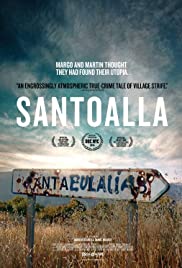
A Dutch couple, Martin and Margo Verfondern, move to a remote Spanish village of Santoalla to start a new life. There is conflict with the Spanish residents resulting in the disappearance of Martin.
You May Also Like
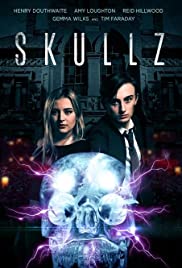
On a school trip at the local museum, class troublemaker Scott Collins experiences a bizarre psychic connection with one of its artifacts – a skull. The creepy skull allows him to for-see his grandmother’s death. Of course, nobody believes him, passing it off as one of his usual tales. But after gran dies suddenly, his younger sister, Trish, for whom he shares a mutual contempt, is stunned to learn that her brother’s premonition was true. With both parents out of work and their house on the verge of foreclosure, Scott, still affected by the powers of the skull, convinces his family to accept employment as caretakers for a large Victorian house in the countryside. When they arrive they meet the owner, Trelawney, a seemingly normal man with one exception – he has the ability to speak to Scott telepathically. Scott soon discovers that the cursed skull holds the key to both of their futures.
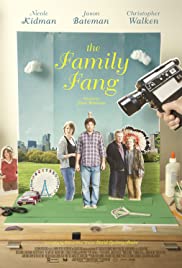
A brother and sister return to their family home in search of their world famous parents who have disappeared.
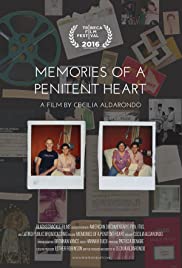
Twenty five years after Miguel died from AIDS, his niece, filmmaker Cecilia Aldarondo, embarks on an excavation into a quagmire of unresolved family drama. Like many gay men in the 1980s, Miguel moved from Puerto Rico to New York City; he found a career in theater and a rewarding relationship. Yet, on his deathbed he grappled to reconcile his homosexuality with his Catholic upbringing. Now, decades after his death, Cecilia locates Miguel’s lover Robert, who has been shunned and demonized by the family, in order to understand the whole story.
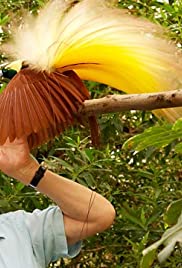
David Attenborough tells the remarkable story of how these ” birds of paradise ” have captivated explorers , naturalists, artists, filmmakers and even royalty.

For more than forty years, British journalist Robert Fisk has reported on some of the most violent conflicts in the world, from Northern Ireland to the Middle East, always with his feet on the ground and a notebook in hand, travelling into landscapes devastated by war, ferreting out the facts and sending reports to the media he works for with the ambition of catching the interest of an audience of millions.
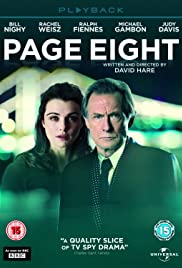
Page Eight is lovingly turned, with elegant writing, a flawless cast and a heartfelt message from writer/director David Hare about the danger zone where spies and politicians meet. The tension builds gently as we follow the fortunes of Johnny Worricker, a jazz-loving charmer who works high up at MI5 as an intelligence analyst. It’s a part made for Bill Nighy and he purrs out bon mots with a weary panache that women 20 years younger find irresistible. One such is his neighbour, Nancy Pierpan (Rachel Weisz), in a Battersea mansion block. The question for Johnny is whether her interest in him is genuine or hides something darker. As his boss (Michael Gambon) puts it: “Distrust is a terrible habit.” Questions of trust, honour and friendship rumble through the play. The characters exchange oblique repartee as a plot about a damning dossier unwinds. It’s not to be missed.

The O.J. Simpson case, as never told before. Tanya Brown, Nicole Brown Simpson’s sister, explores O.J. and Nicole’s relationship and the trial that followed, using Nicole’s words and the photos she left behind to reveal the Brown family’s experience.

Laura’s expecting. Her husband, Steven’s a loving guy but has little time for her. Her mom lives thousands of miles away. Forced to give up on her dreams, she’s always been a bit edgy. A C-section drives her over the edge, making her see things in a different light. A creepy babysitter doesn’t make things any better. She begins seeing things, trusts no one, as she goes into self-destruct mode.
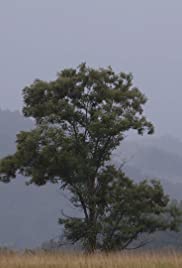
More people are imprisoned in the United States at this moment than in any other time or place in history, yet the prison itself has never felt further away or more out of sight. This is a film about the prison in which we never see an actual penitentiary. The film unfolds a cinematic journey through a series of landscapes across the USA where prisons do work and affect lives, from an anti-sex-offender pocket park in Los Angeles, to a congregation of ex-incarcerated chess players shut out of the formal labor market, to an Appalachian coal town betting its future on the promise of prison jobs.

Four men are gathered to play a game of bridge, when the conversation turns to unnatural and occult events.
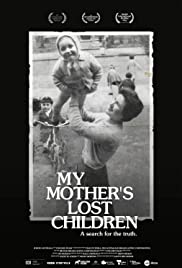
An eccentric Jewish family is thrown into turmoil when two stolen children reappear after 40 years.

A true story of four Jewish intellectuals born in New York and educated at City College during the 1930s, and their divergent paths over the next six decades.